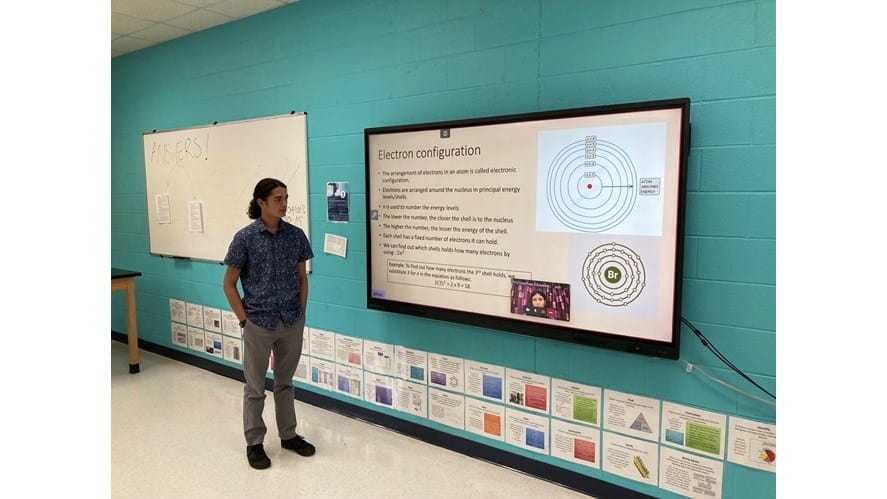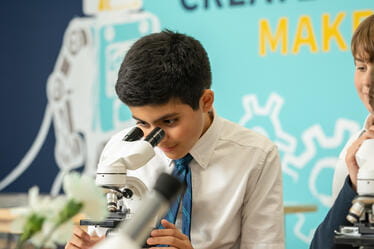We use cookies to improve your online experiences. To learn more and choose your cookies options, please refer to our cookie policy.


Through approaches to learning (ATL) in IB programmes, students develop skills that have relevance across the curriculum that help them “learn how to learn.” ATL skills can be learned and taught, improved with practice and developed incrementally. They provide a solid foundation for learning independently and with others. ATL skills help students prepare for and demonstrate learning through meaningful assessment. They provide a common language that students and teachers can use to reflect on and articulate on the process of learning. IB programmes identify five ATL skill categories, expanded into developmentally appropriate skill clusters. (MYP: From Principals To Practice, 2008). In IBDP Chemistry, Topic 2 is part of our first unit. We used this topic to introduce and practice three ATL skills which absolutely fundamental to being successful in the Diploma Program: Communication – Collaborate with peers and experts using a variety of digital environments and media, reading, writing, and using language to gather and communicate information. Research – Collecting, organizing, interpreting, and presenting information.Self-Management – Organization, plan short, and long-term assignments; meet deadlines, create plans to prepare for summative assessments (examinations and performances), use appropriate strategies for organizing complex information. How did we do it?
These are the same skills we will need to be successful when we study for summative assessments, when we complete our IAs, when we review for our Final DP exams, when we apply for College or University, when we want to know how to cook something, create a goal and accomplish it, figure out how to play a new instrument by ourselves.